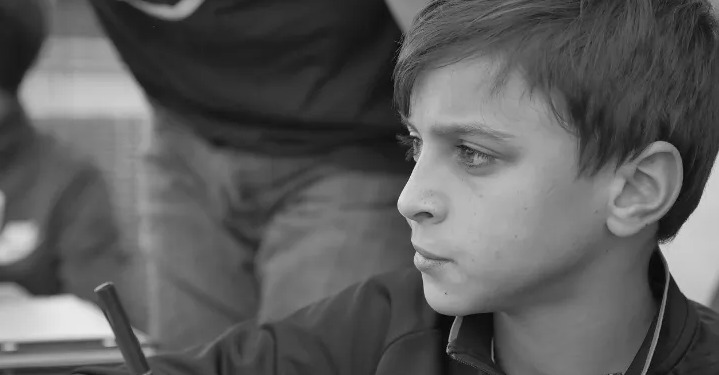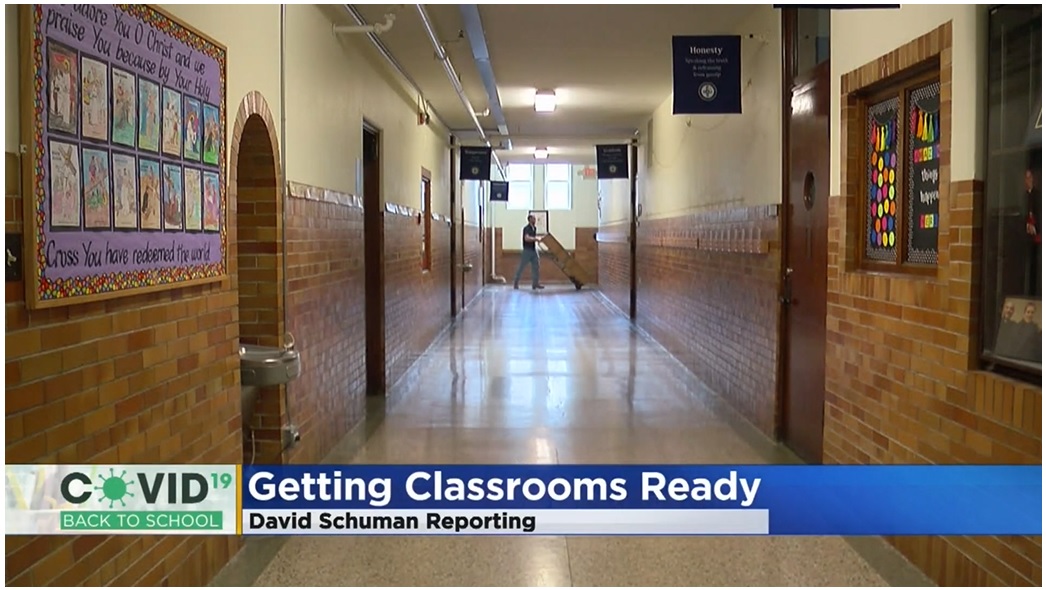To mark the end of the school year, Gallup enlisted students in grades 5-12 to rank their schools in a June report card.
With an average grade of B-, the overall score isn’t so bad. Looking closer at the individual categories, however, tells a different story.
As the chart below shows, the higher ranking categories were in areas related to emotional support, such as racial and gender respect, safety, and inclusion. The lower ranking, categories, however, were more in line with what school is supposed to emphasize.
Less than a quarter of students ranked the quality of teaching at their schools as excellent. Preparation for the future and introduction to possible careers came in at 20 percent and 17 percent respectively. And excitement about learning? That came in dead last with only 13% giving their schools an A grade.

Those numbers are definitely concerning … but they’re not surprising. Unfortunately, the institutional method of schooling which today’s schools employ has led directly to just such a scenario.
Author John Taylor Gatto saw this play out repeatedly in his years as a teacher in New York, confirming that schools are experts in stroking the emotional ego of children. But such emphasis on the emotional hides a deeper purpose. “By stars and red checks, smiles and frowns, prizes, honors, and disgraces,” he wrote in Dumbing Us Down, “I teach kids to surrender their will to the predestinated chain of command.”
This same chain of command subsequently hinders learning, exchanging true education for emotional and transient rewards, creating indifference instead:
The fourth lesson schools teach is indifference. By bells and other concentration-destroying technology, schools teach that nothing is worth finishing because some arbitrary power intervenes both periodically and aperiodically. If nothing is worth finishing, nothing is worth starting. Don’t you see how one follows the other? Love of learning can’t survive this steady drill. Students are taught to work for little favors and ceremonial grades which correlate poorly with their actual ability. By addicting children to outside approval and nonsense rewards, schools make them indifferent to the real power and potential that inheres in self-discovery reveals. Schools alienate the winners as well as the losers.
The methodology of today’s institutional schools not only teaches students to be indifferent to present learning, it also teaches them to be indifferent to their future prospects. How? By alienating them from the very individuals who could expand their horizons and inspire them to great things, Gatto explains:
The great crisis that we witness in our schools is interlinked with a greater social crisis in the community. We seem to have lost our identity. Children and old people are penned up and locked away from the business of the world to a degree without precedent: nobody talks to them anymore, and without children and old people mixing in daily life, a community has no future and no past, only a continuous present.
In essence, the students recently surveyed by Gallup recognize exactly what’s going on in schools … they just may not be aware that it may be intentional.
The good news is that there is a way out of the emotion-based, learning-killing environment of today’s schools. “Independent study, community service, adventures and experience, large doses of privacy and solitude, a thousand different apprenticeships — the one-day variety or longer — these are all powerful, cheap, and effective ways to start a real reform of schooling,” Gatto writes.
The question is, do we have the energy and guts to break our children free from the system, marching to the beat of a different drummer in order to give them a brighter future by teaching them to be life-long learners?
—
This article is republished with permission from Annie’s Attic.
Image Credit: Pixabay












![[downloaded during free trial]](https://oakmn.org/wp-content/uploads/2025/11/iStock-1430368205-120x86.jpg)
